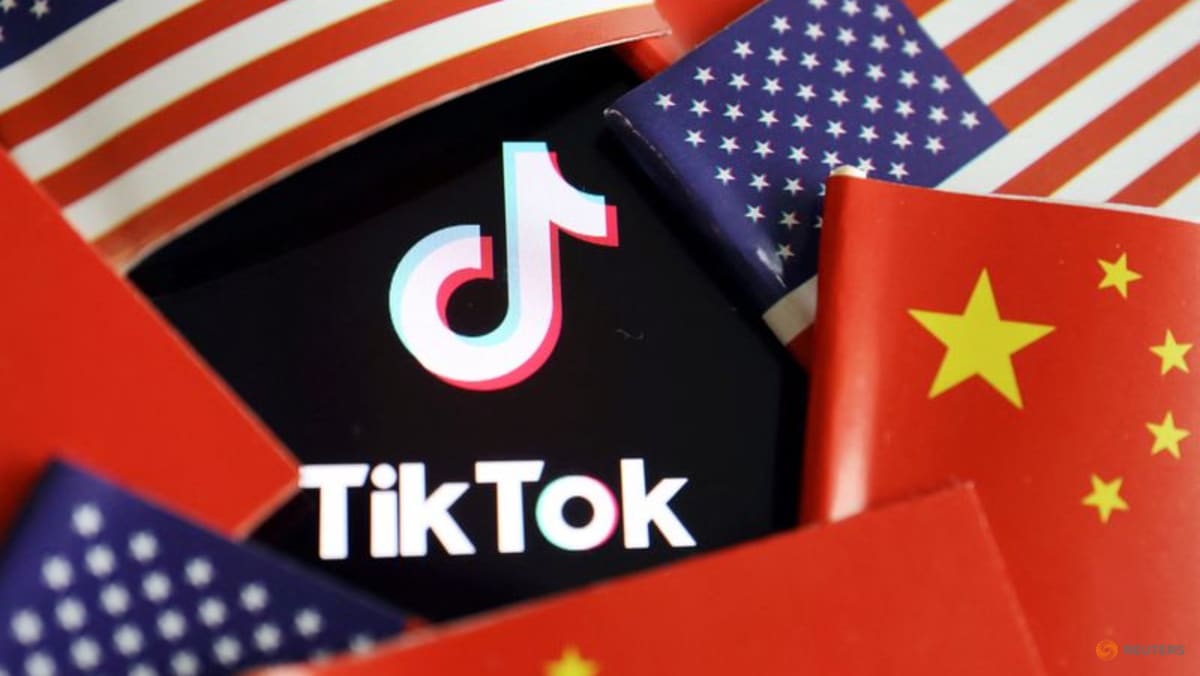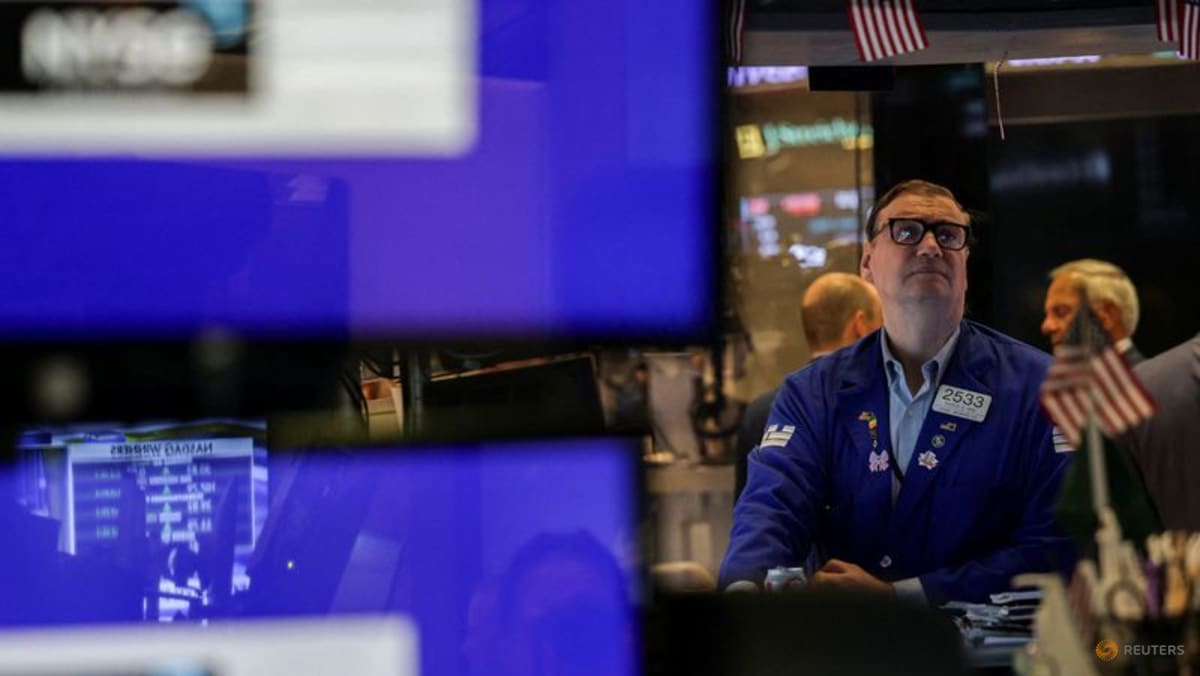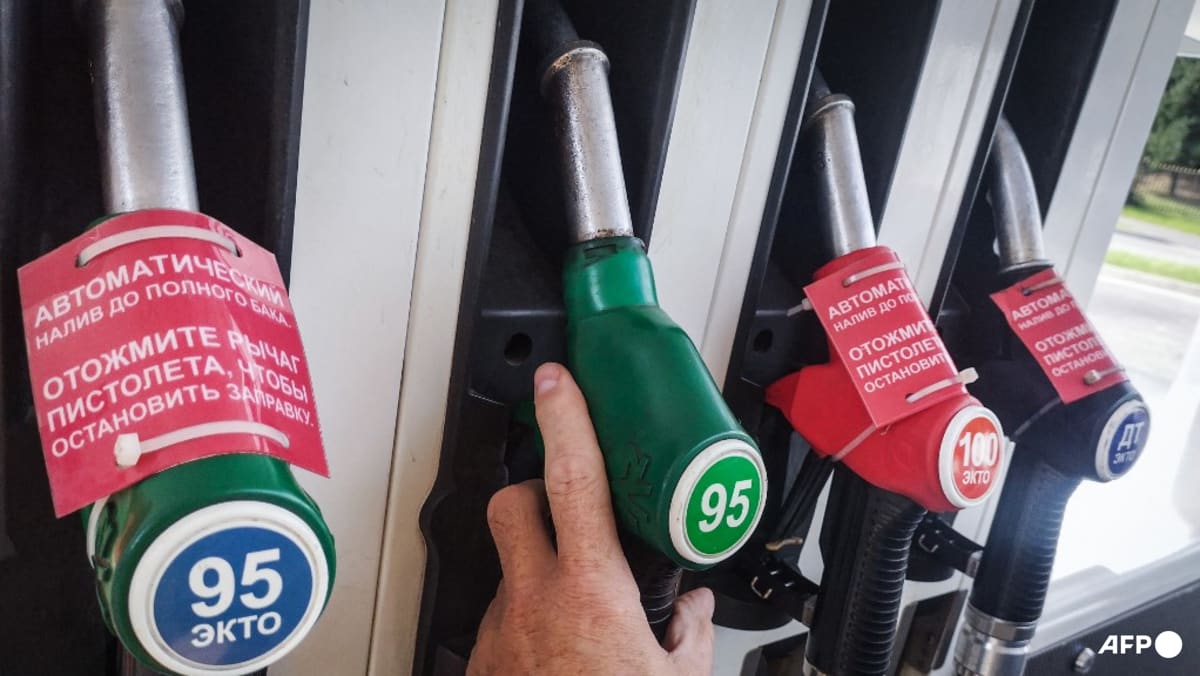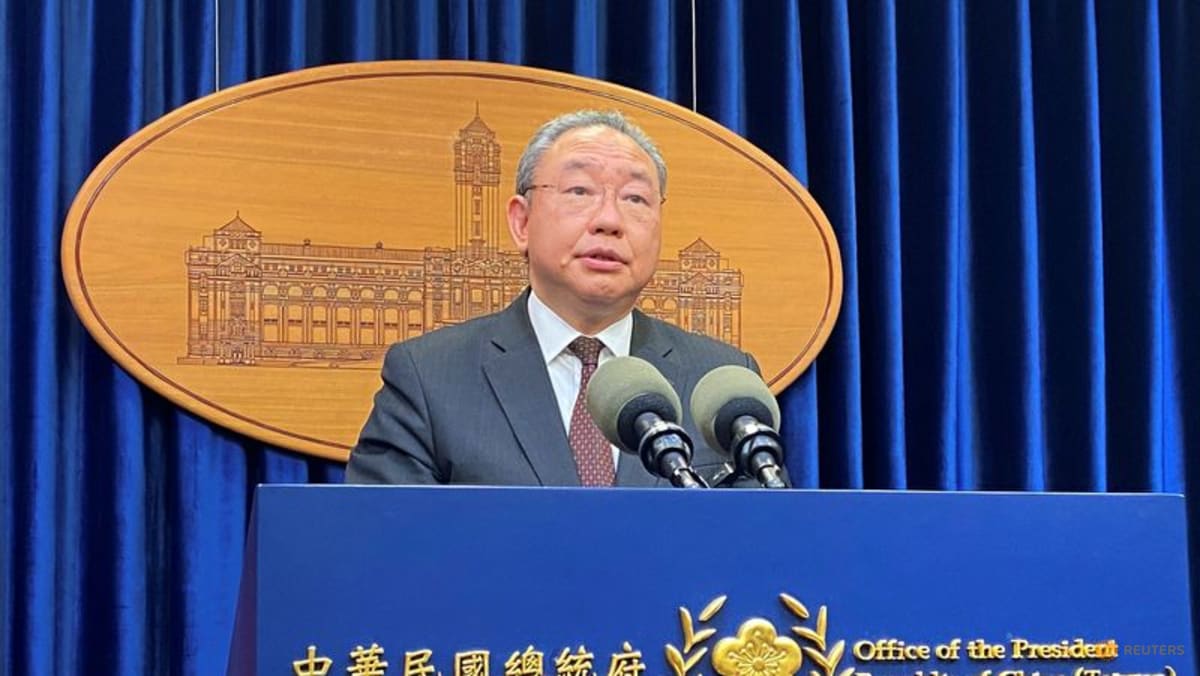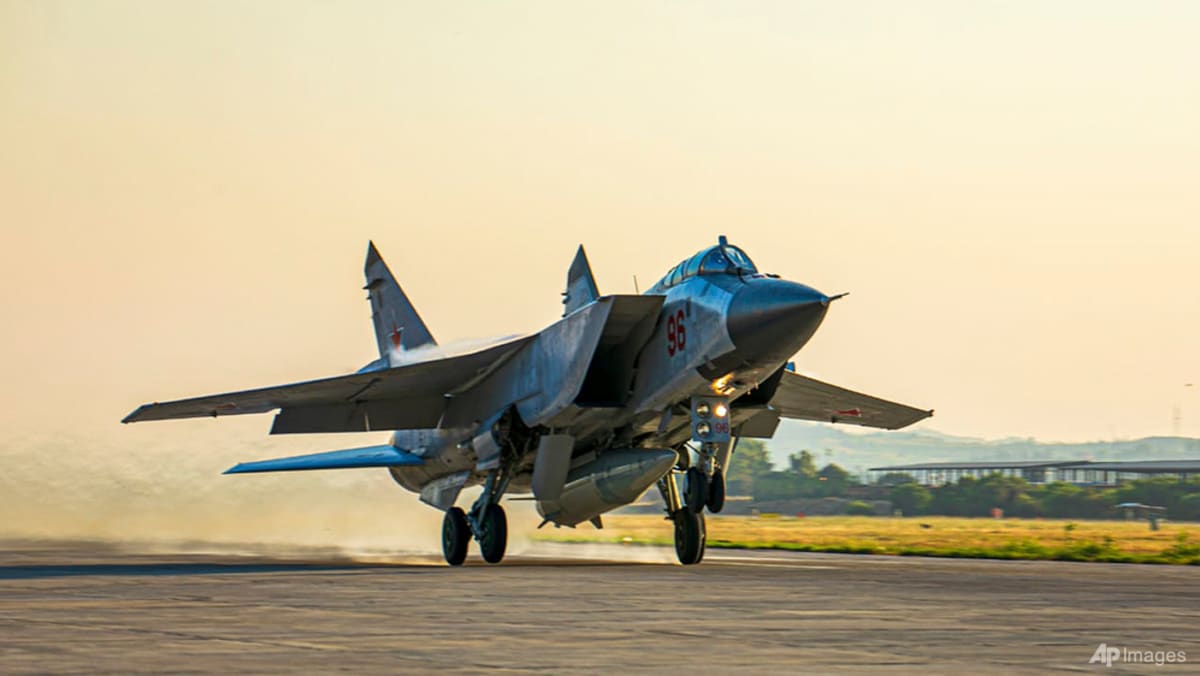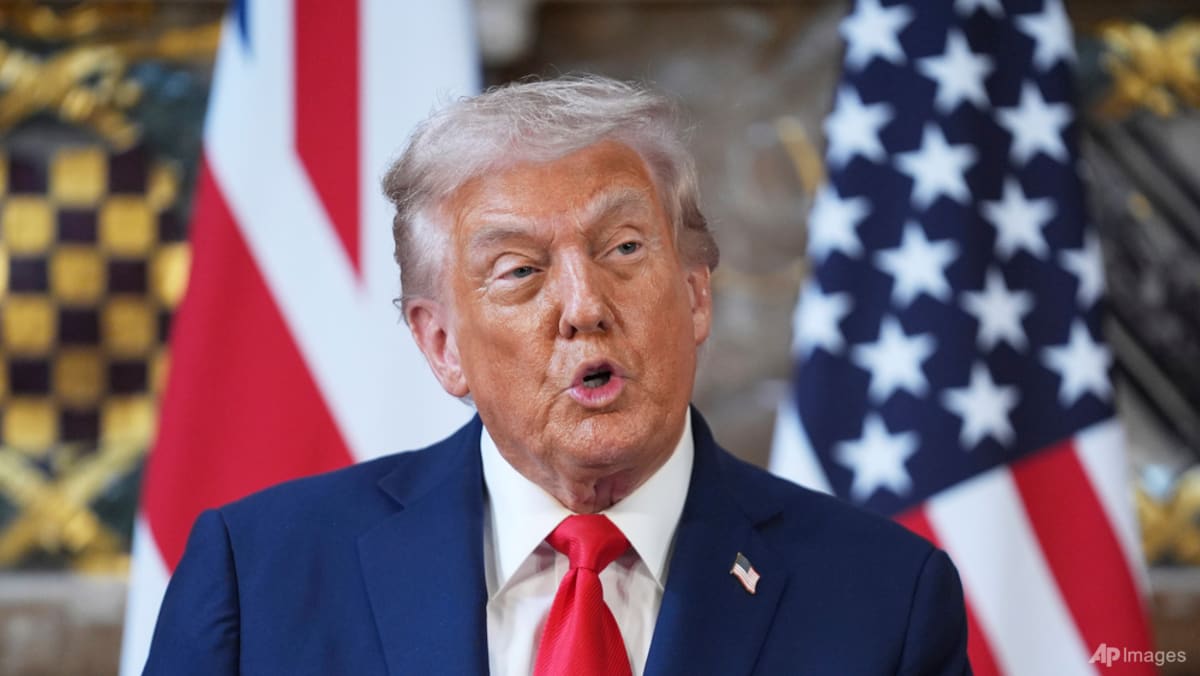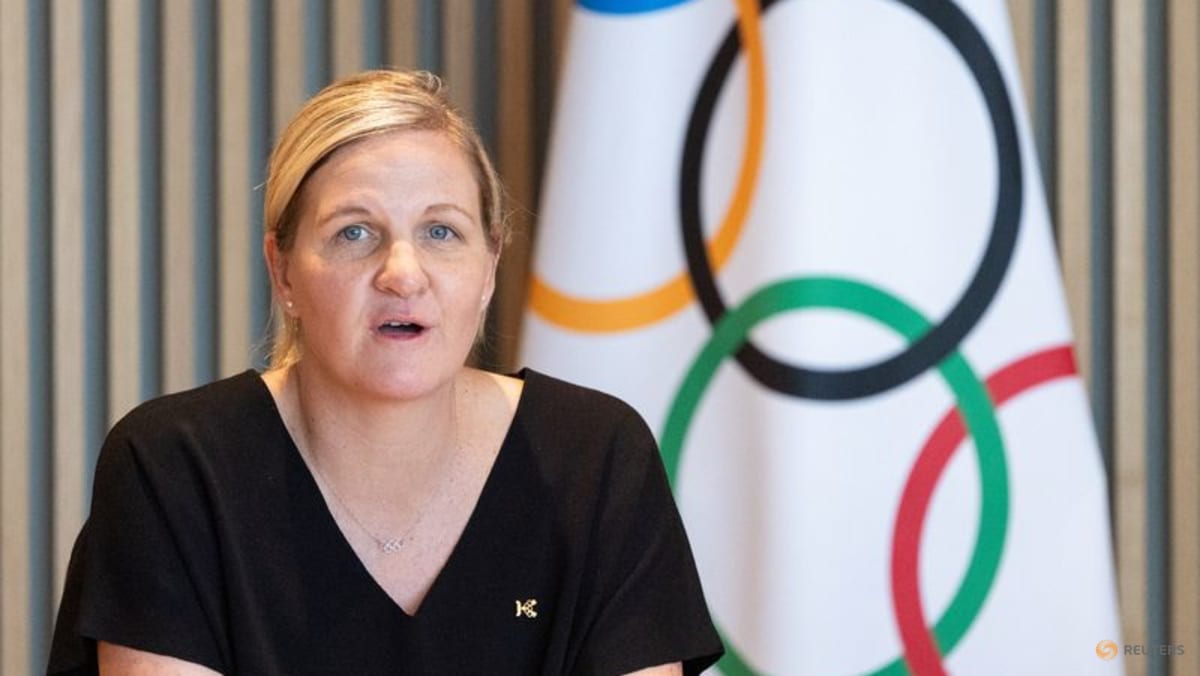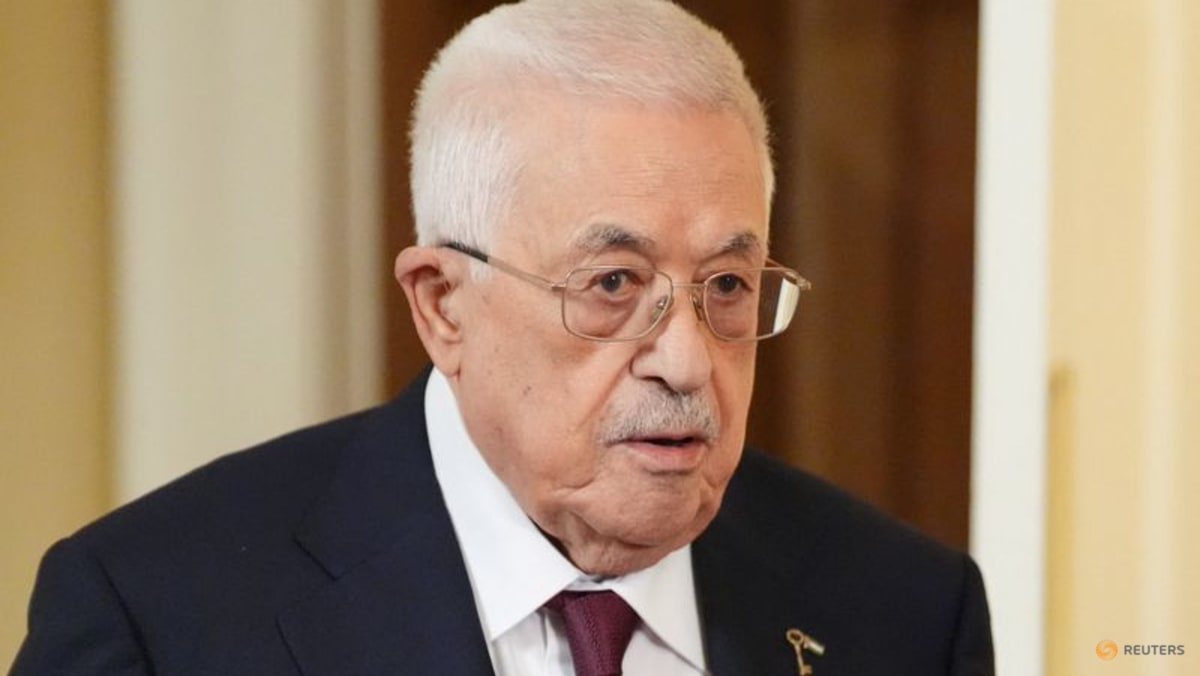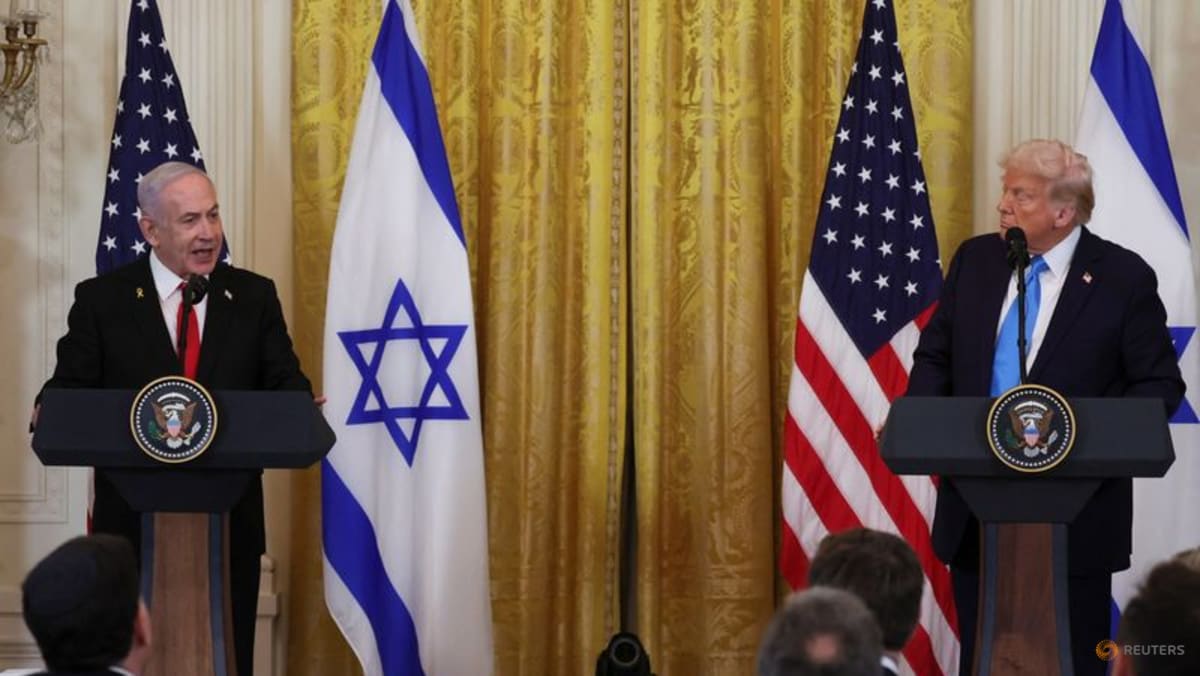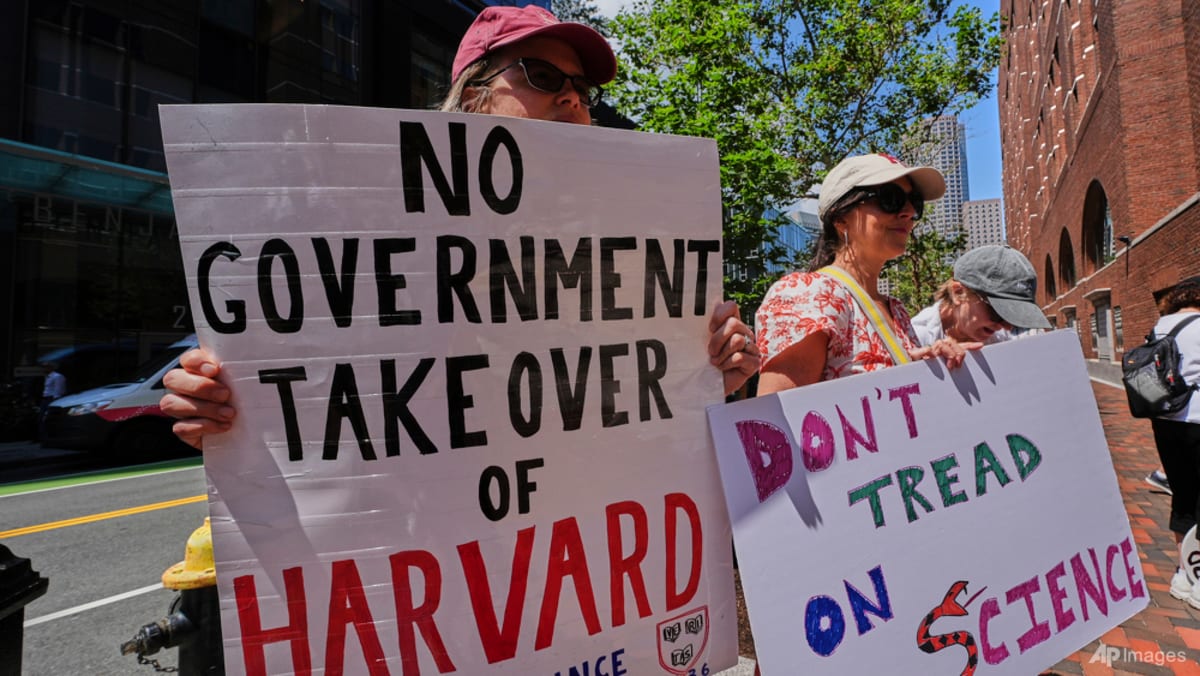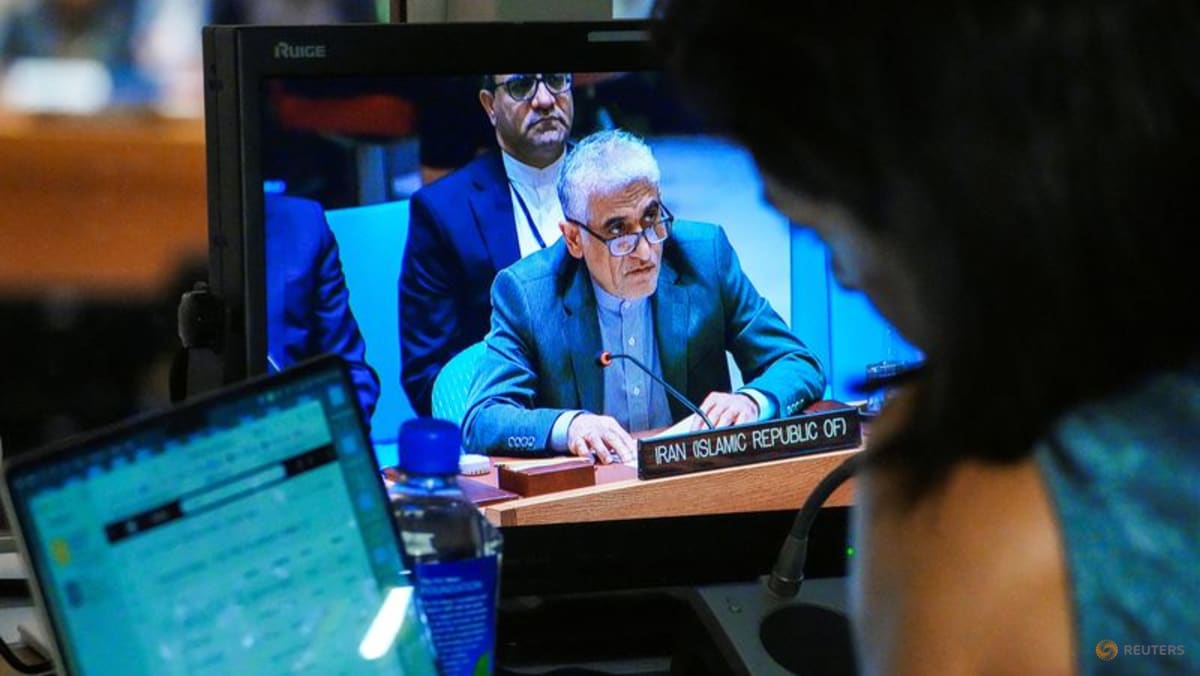CRYPTO AND CHINA
The EU has managed to push through 18 rounds of sanctions over Moscow’s invasion of Ukraine despite opposition from some member states, notably Hungary and Slovakia.
Von der Leyen said that with the latest batch, the EU was “going after those who fuel Russia’s war by purchasing oil in breach of the sanctions”.
“We target refineries, oil traders, petrochemical companies in third countries, including China,” she said.
Brussels also intends to target crypto platforms and the credit card system MIR, set up by Russia to avoid reliance on US-based networks, she and Kallas said.
The package also seeks to blacklist 118 more vessels in the “shadow fleet” of ageing tankers used by Russia to circumvent oil export curbs, and 45 firms accused of supporting the Russian military industrial complex.
Entities from Russia, China and India would face export bans and tighter controls, Kallas said.
While they will likely be seen as an attempt to meet Trump midway, the measures fall far short of his request that allies place up to 100 per cent tariffs on Beijing and New Delhi.
That was expected as Brussels, which is generally averse to tariffs, is currently negotiating a free trade pact with India and has no appetite for a broader trade war with China.
Some diplomats have critically noted that Trump’s demands for European action coincide with US commercial interests, while allowing room for the president to again stall on taking a tough stance against Russia himself.
The US – the world’s top oil producer – is the largest supplier of LNG to Europe, accounting for almost 45 per cent of total imports.
Most LNG is imported through terminals in France, Spain, Italy, the Netherlands and Belgium – although it is hard to know how much is also consumed there or simply passes through towards other nations.
